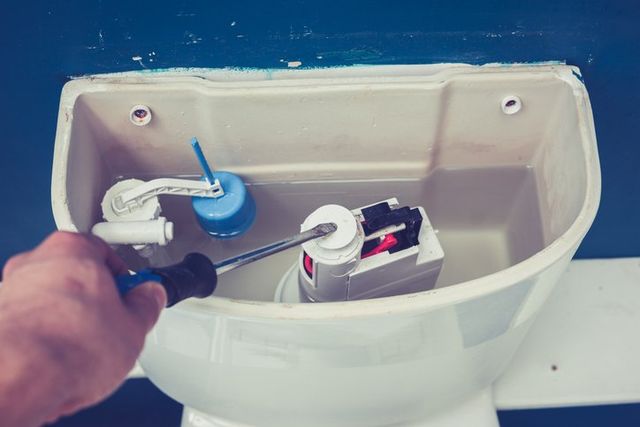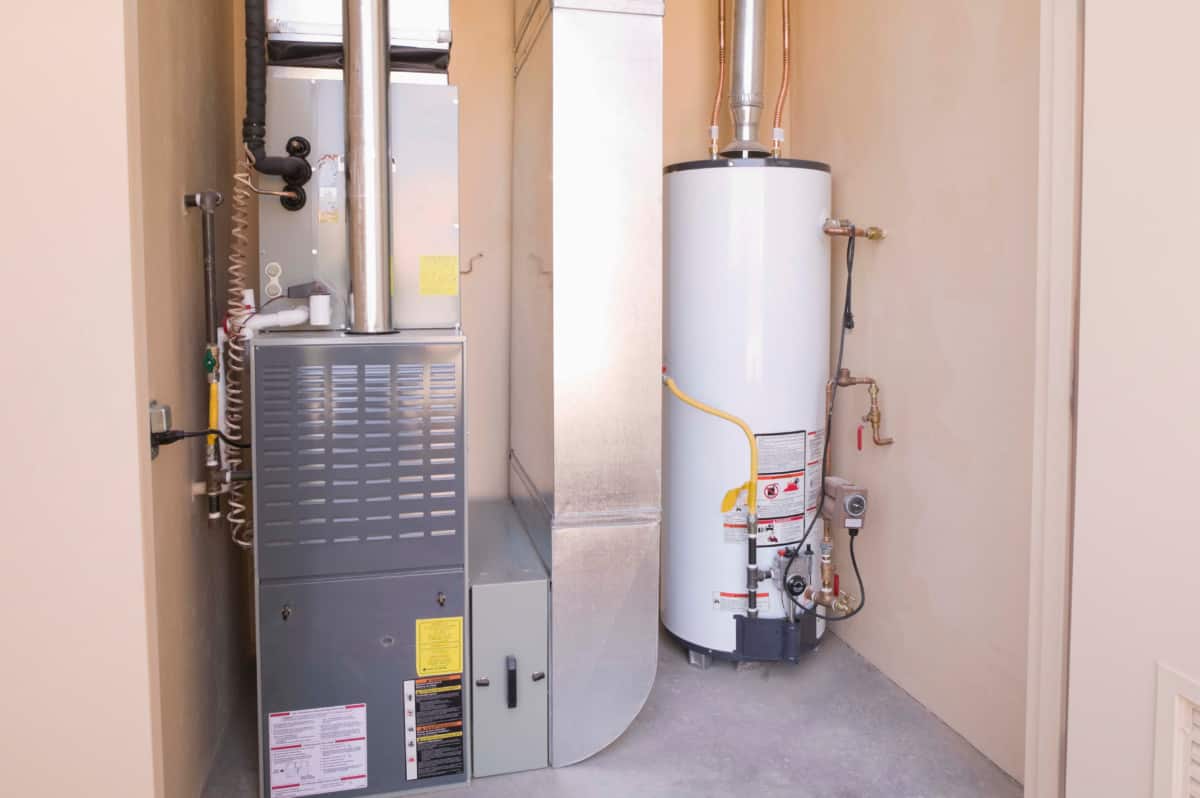We've stumbled on the article pertaining to Common Hot Water Heater Problems listed below on the web and felt it made perfect sense to share it with you in this article.

A hot water heater is just one of the most essential fundamental devices that can be located in a home. With water heaters, you do not need to go through the tension of heating water manually every single time there is a need to take a bath, wash, or the dishes. Nonetheless, there is constantly a possibility that your water heater would act up just like a lot of mechanical devices.
It is very important to note any kind of little malfunction and tackle it quickly before points leave hand. Many times, your water heater starts to malfunction when there is a build-up of debris as a result of continuous use. As a preventative measure, periodic flushing of your hot water heater is suggested to avoid debris buildup as well as protect against useful failing.
Common water heater emergencies and also exactly how to handle them
Leaking water heater storage tank.
A leaking tank could be an indication of deterioration. It could cause damage to the flooring, wall and also electrical devices around it. You can even be at threat of having your apartment swamped. In this situation, you ought to shut off your water heater, enable it to cool, as well as thoroughly look for the source of the trouble. Sometimes, all you need to do is to tighten a couple of screws or pipe connections in cases of minor leakages. If this does not function as well as the leakage continues, you might require to utilize the services of a service technician for a suitable substitute.
Rising and fall water temperature level.
Your water heater can start creating water of different temperatures generally ice scalding or cool hot. In this circumstance, the first thing you do is to ensure that the temperature level is readied to the desired degree. If after doing this, the water temperature maintains altering throughout showers or various other tasks, you may have a malfunctioning thermostat. There might be a demand to replace either the heating or the thermostat system of your hot water heater.
Inadequate hot water
It may be that the water heating unit can not support the hot water demand for your home. You might upgrade your water heating unit to one with a bigger ability.
Stained or smelly water
When this occurs, you require to understand if the issue is from the water or the tank resource. If there is no funny odor when you run cold water, then you are certain that it is your water heating system that is defective. The smelly water can be created by rust or the build-up of microorganisms or sediments in the water heater tank.
Final thought
Some home owners overlook little caution and also minor faults in their water heater device. This only brings about further damage and a feasible total break down of your home appliance. You ought to manage your water heater faults as soon as they come up to prevent more expenses and also unneeded emergency difficulties.
With water heating units, you don't need to go with the stress and anxiety of home heating water by hand every time there is a need to take a bathroom, do the washing, or the meals. Your water heating system could start creating water of various temperature levels generally ice cool or hot warm. It may be that the water heating unit can't support the hot water need for your apartment. If there is no amusing scent when you run chilly water, then you are particular that it is your water heater that is malfunctioning. The odiferous water can be triggered by corrosion or the build-up of microorganisms or sediments in the water heating unit tank.
What’s Wrong With My Water Heater?
Not Enough Hot Water
You probably encounter this problem in the shower or while washing dishes. As you run your water, you’ll notice it starting to cool down. Turning up the hot faucet may not work, or it may only heat the water for a short period. Your hot water probably comes back and works normally one or two hours after you use it up.
If you’ve never had enough hot water, your heater may be too small for your home. If you haven’t had a problem until recently, there’s probably something’s wrong with your heater’s thermostat. Try adjusting it to see if you can feel a difference. Even if the thermostat’s working, the heating element itself could have burnt out. It’s also possible that a clog has restricted water flow into or out of the heater. Luckily, none of these problems are hard to fix, as long as you call them in early.
Water is Too Hot
Unregulated water heaters can make water dangerously hot. You probably have this problem if you’ve been scalded by your hot water. It’s also a likely culprit if you have trouble getting your faucets to produce a comfortable temperature. This problem is easy to fix, but it can also be a serious health hazard if you don’t address it. If you think your water is too hot, don’t doubt yourself; look into it!
Start by finding your heater’s thermostat and mark its position with a pen. Turn the thermostat to a cooler setting. Wait a couple hours to see if the problem is solved. If it isn’t, listen for boiling in the tank and look for water that comes out of the faucet steaming. In those cases, your temperature-pressure relief valve may be malfunctioning. This is a serious problem that can be dangerous, so you should have it looked at right away.
Discolored or Smelly Water
If all your water looks rusty or smells weird, there’s probably a problem with your pipes. If only your hot water looks weird, however, your water heater is probably at fault. Hot water discoloration comes in several varieties. It could look orange or brown-ish, taste rusty, or feel grainy. It could also look yellow or green-ish and taste gross or feel slimy. Either way, it’s a sign that there’s something wrong with your water heater’s tank.
Usually, hot water discoloration means sediment has built up in your tank. Sediment is made up of hardened minerals that accumulate on the inside of the water heater’s walls. When enough sediment builds up, it causes all kinds of problems–including your discolored water. Try flushing your water heater tank to clean out built up sediment. If the water still tastes rusty, your tank’s rust-preventing anode rod may have worn out. A pro can replace an anode rod easily, but without one, your tank could rust beyond repair relatively quickly.
Leaking
Water heaters can leak from several different places, and each leak means something different. If the leak is coming from a pipe above the heater, it’s possible the tank itself hasn’t been compromised. The cold inlet, hot outlet, and T&P pipes could all leak from above. Try tightening the problematic valve. If that doesn’t work, then the valve or pipe will have to be replaced.
If the leak is coming from the bottom of the tank, it’s important to determine exactly where it is. The leak could be coming out of the drain valve or your T&P valve below the tank. You can replace those valves and preserve the tank itself. If you notice the water tank itself leaking, however, that probably means it’s corroded beyond the point-of-no-return. Leaking water heaters are a big deal, so you should get yours replaced ASAP.
https://www.punctualplumberdallas.com/blog/whats-wrong-water-heater/

As a person who reads on Is Your Water Heater Leaking?, I think sharing that piece of content was appropriate. Liked our write up? Please share it. Help another person check it out. I truly appreciate reading our article about Is Your Water Heater Leaking?.
Urgent plumbing disruptions? Contact now